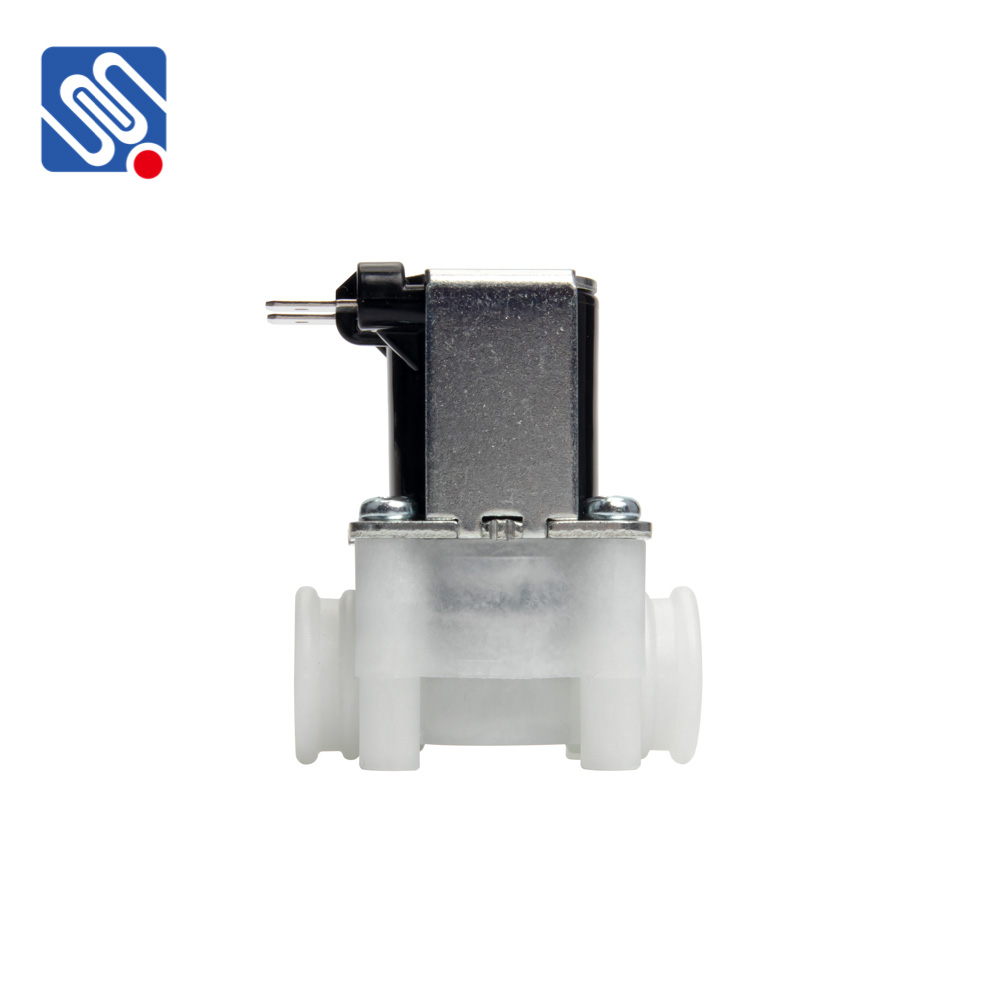A PVC solenoid valve is an essential component in many fluid control systems, known for its reliability, versatility, and cost-effectiveness. Manufactured from durable polyvinyl chloride (PVC), these valves are widely used in industries that require precise and automated control of liquids and gases. Whether in water treatment, chemical processing, or HVAC systems, PVC solenoid valves play a pivotal role in optimizing operational efficiency while providing protection against corrosive substances.

What is a PVC Solenoid Valve? A PVC solenoid valve is a type of electrically-operated valve that controls the flow of fluids through pipelines. The valve is activated by an electric current passing through a solenoid coil, which generates a magnetic field. This magnetic field causes a plunger or diaphragm within the valve to either open or close, depending on the valve’s design. As a result, the valve allows or restricts the passage of liquids or gases in a controlled manner. The key feature of PVC solenoid valves lies in their construction material—PVC. PVC is a thermoplastic material with excellent resistance to corrosion, making these valves particularly suitable for industries that handle aggressive chemicals, acids, and bases. Additionally, PVC solenoid valves are lightweight, cost-effective, and easy to install and maintain, which makes them an attractive option for both small-scale and industrial applications.